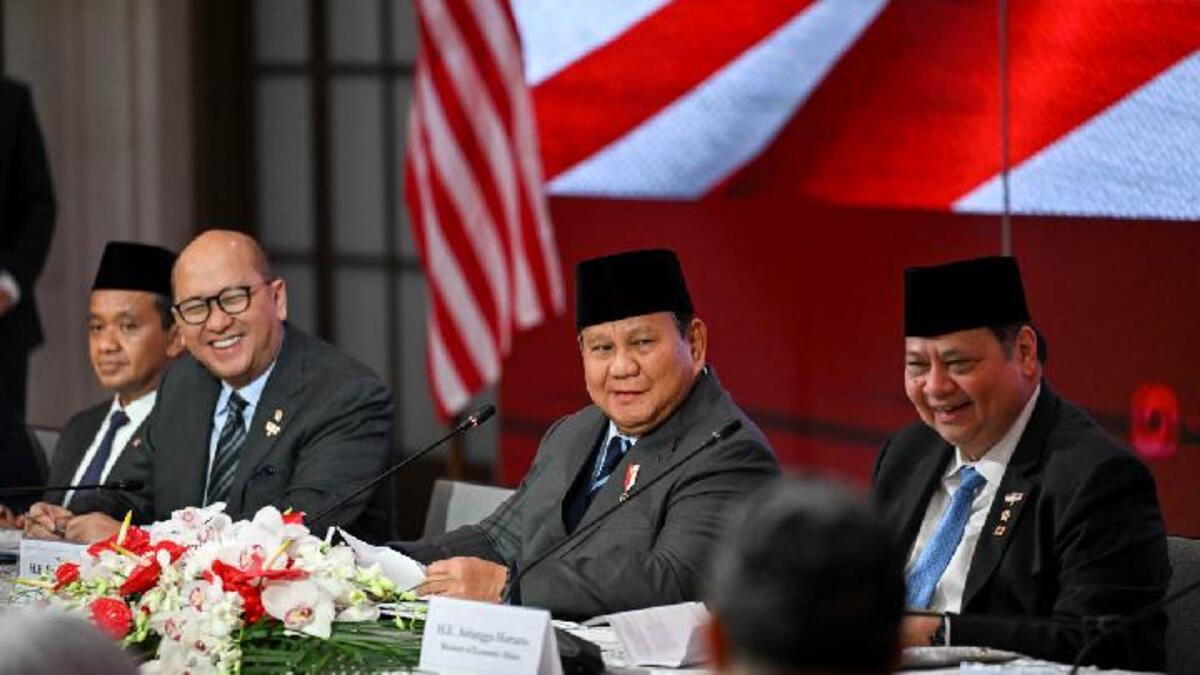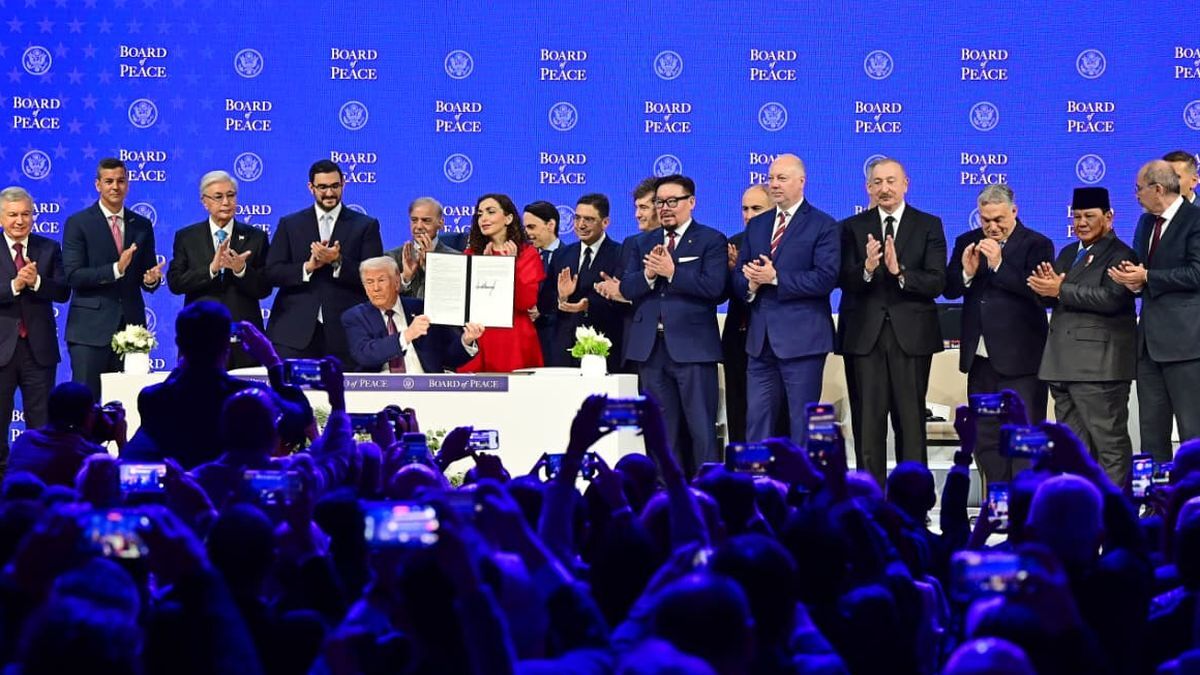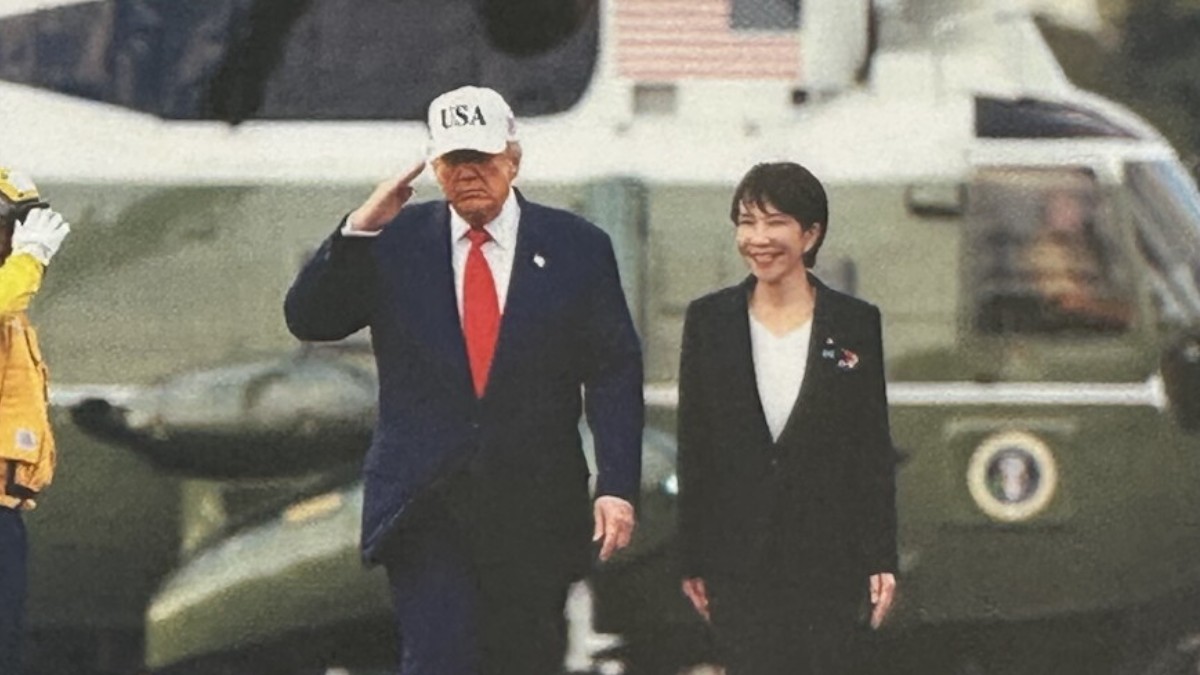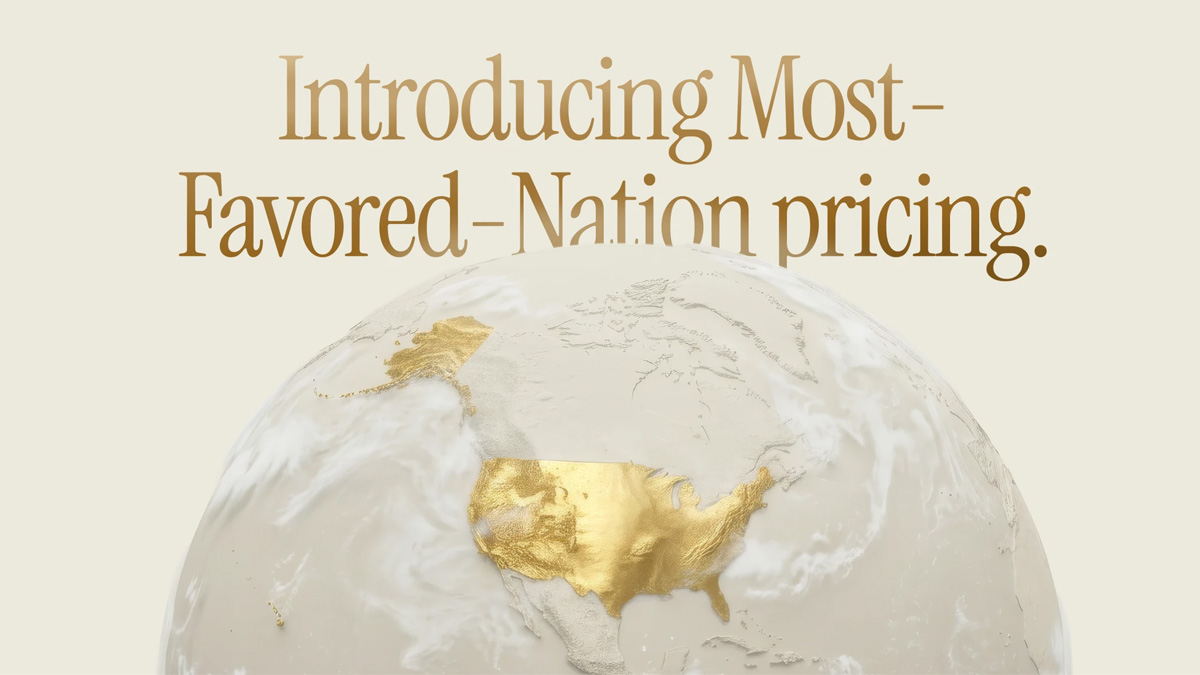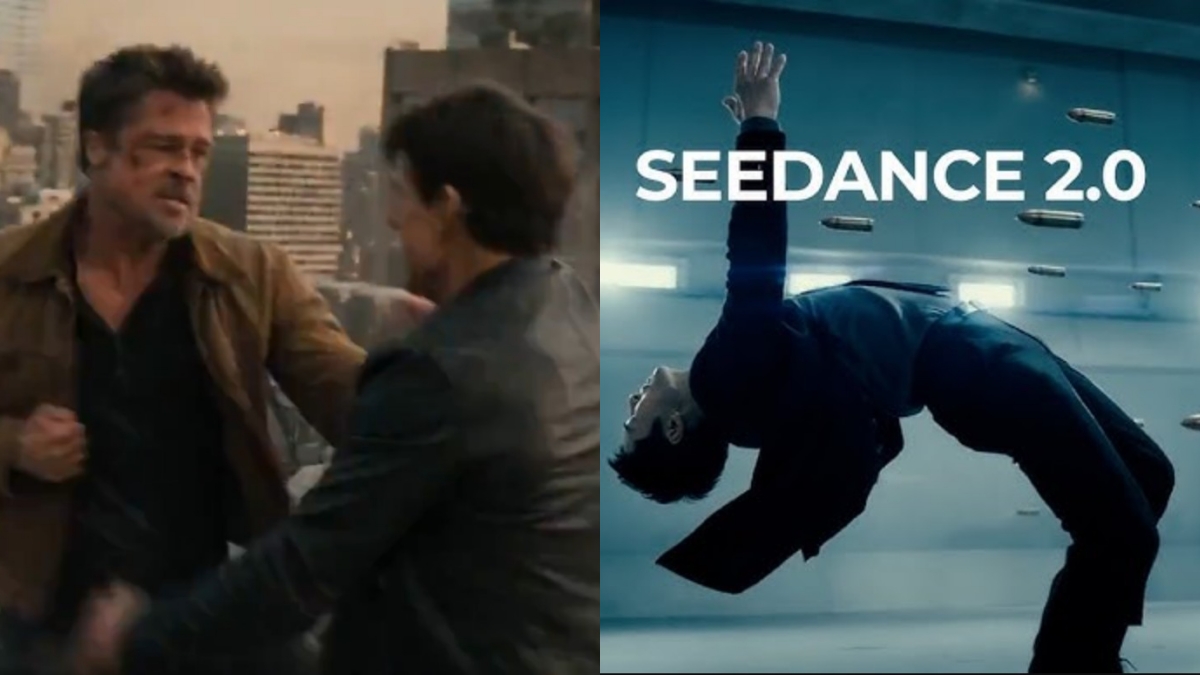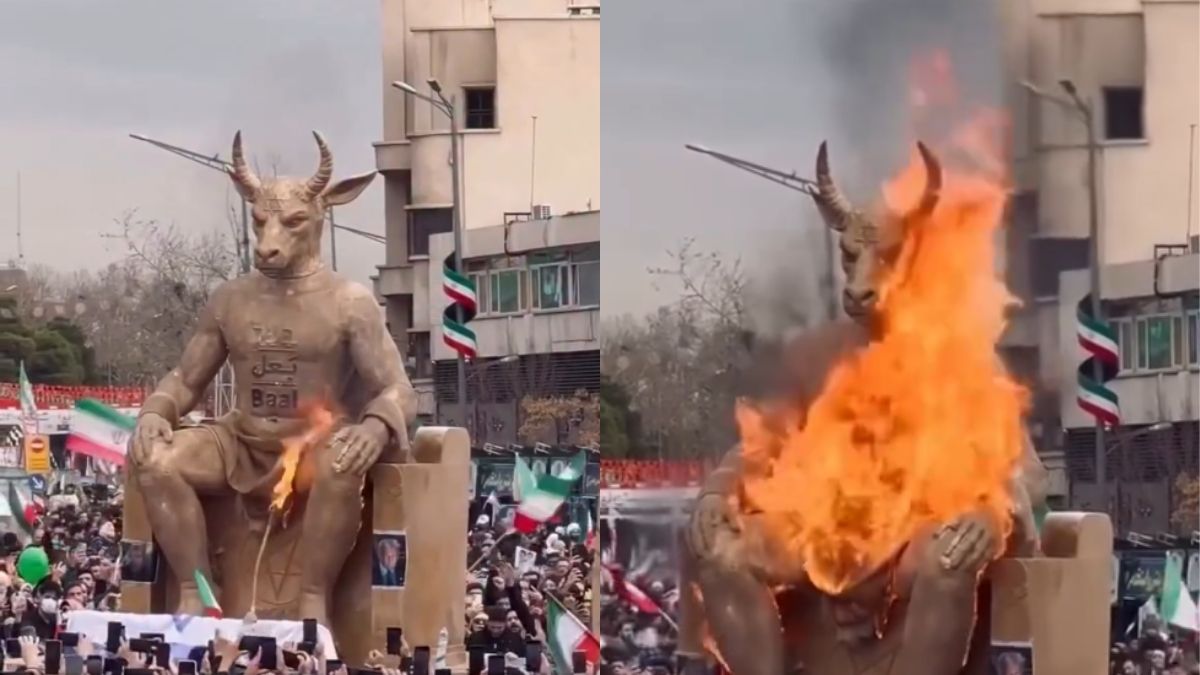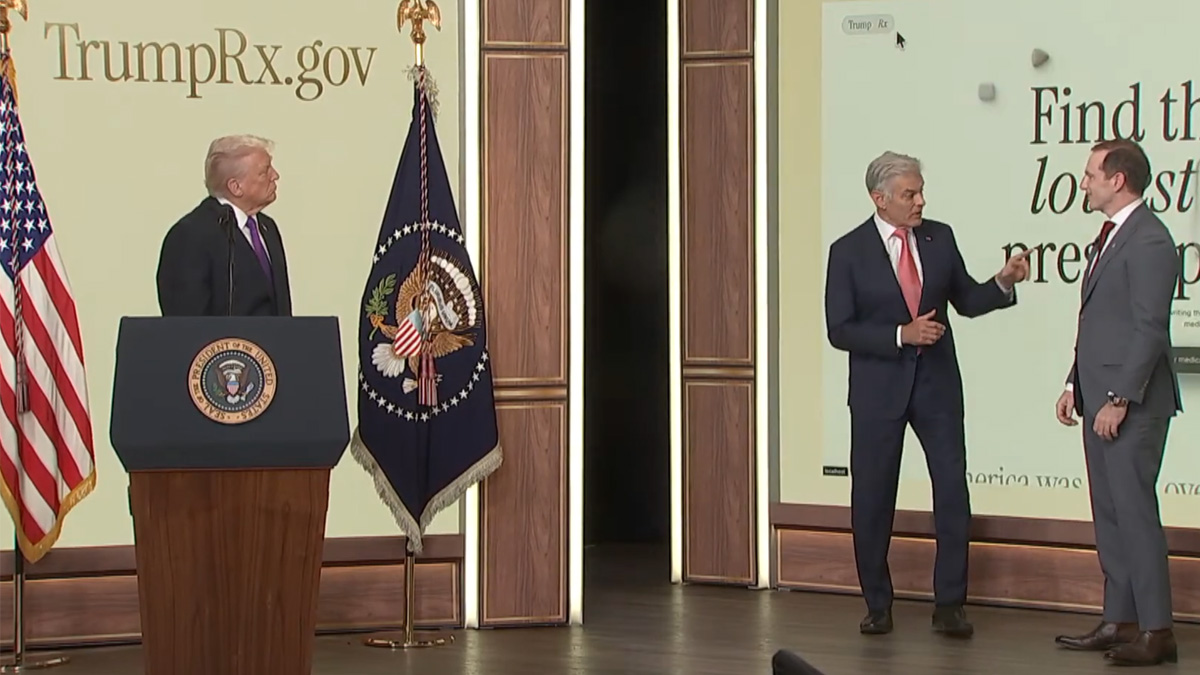Trump threatens BBC with US$1 billion lawsuit over edited speech in Panorama documentary
President Trump has threatened legal action against the BBC, demanding the retraction of a Panorama documentary he claims defamed him by misrepresenting a 2021 speech. The BBC has apologised for the edit and is facing internal turmoil, including the resignation of two top executives.

- President Trump is demanding the BBC retract its 2024 Panorama documentary or face a US$1 billion lawsuit.
- A leaked BBC report admitted the programme “completely misled” viewers by splicing parts of Trump’s 6 January 2021 speech.
- The BBC's director-general and News CEO have resigned, with further criticism from Trump and the White House.
President Donald Trump has launched a legal threat against the British Broadcasting Corporation (BBC), demanding it retract a 2024 Panorama documentary and apologise, or face a defamation lawsuit seeking “no less than” US$1 billion (S$1.3 billion).
According to US media reports confirmed by Agence France-Presse on 10 November, a letter was sent from Trump’s legal team to the BBC with a deadline of 14 November. The BBC acknowledged receipt and said it would “respond in due course”.
The dispute centres on a documentary aired by Panorama that featured edited footage of Trump’s speech on 6 January 2021, shortly before his supporters stormed the US Capitol.
A leaked internal BBC report, published by The Telegraph, concluded that the documentary had “completely misled” viewers by splicing together two parts of the speech delivered nearly an hour apart.
The edit joined a call for supporters to walk to the Capitol with the phrase “fight like hell”, omitting the intervening sections and thereby creating a misleading impression that Trump incited violence directly. In reality, Trump’s remarks on the day included contradictory instructions, calling on supporters to protest “peacefully and patriotically” while simultaneously amplifying baseless claims of election fraud.
Following the growing controversy, two of the BBC’s most senior leaders resigned. Director-General Tim Davie and News CEO Deborah Turness stepped down on 9 November, shortly after The Telegraph published the leaked report by a former BBC standards adviser.
The report also raised concerns over the BBC’s coverage of other contentious topics including transgender issues and the Israel-Gaza conflict.
President Trump welcomed the resignations and intensified criticism of the broadcaster. Posting on his platform Truth Social, he wrote:
“Thank you to The Telegraph for exposing these Corrupt ‘Journalists.’ These are very dishonest people who tried to step on the scales of a Presidential Election... What a terrible thing for Democracy!”
White House Press Secretary Karoline Leavitt also publicly celebrated the fallout. She reposted the news of Davie’s resignation on social media with the caption “chaser”, following an earlier post of her interview with The Telegraph labelled “shot”. In the interview, she described the BBC as “100% fake news” and “a propaganda machine”.
The BBC is facing pressure from multiple political directions. While right-wing critics in the United States and United Kingdom accuse it of liberal bias, left-wing critics argue that its leadership has been overly influenced by past Conservative governments and too eager to engage in “culture war” narratives.
The broadcaster's chair, Samir Shah, issued an apology on 10 November for the misleading edit, calling it an “error of judgment”. However, he defended the BBC against broader accusations of systemic bias.
The BBC remains publicly funded through licence fees and maintains editorial independence. Nonetheless, internal morale has been reportedly strained, particularly among journalists covering contentious subjects such as the Israeli bombardment of Gaza.
President Trump has had a longstanding and often hostile relationship with major media organisations. His administration has frequently labelled critical outlets as “the enemy of the people” and has taken legal, political, and regulatory action against media platforms.
The New York-based Committee to Protect Journalists has warned that press freedom in the US is increasingly fragile and that the Trump administration’s tactics may cause lasting damage.
The BBC controversy adds to broader concerns over media credibility and accountability, particularly when reporting on figures with significant political influence. Legal experts have noted that defamation lawsuits by public figures face high thresholds in US courts, but even unproven claims can have reputational and strategic impacts.
President Trump was impeached by the House of Representatives in 2021 for “incitement of insurrection” over the Capitol riots. He was later acquitted by the Senate as most Republican senators voted against conviction.
The Panorama edit reignited debate over how his words and actions that day should be interpreted—and how they should be reported.
As of now, the BBC has not indicated whether it will comply with Trump’s demands by the 14 November deadline.


